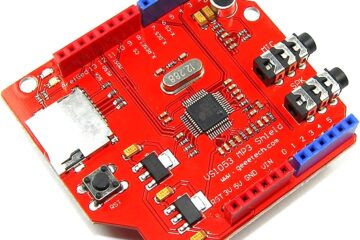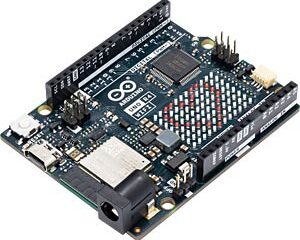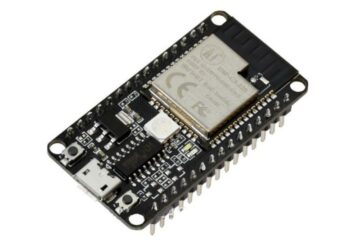Arduino Audio Tools: Audio over Serial
So far I have always preferred to send audio using the networking functionality of the micro-controllers. This is usually fast and reliable. Many examples can be found in my communications examples folder using different protocols. Using Wires But we can also send audio signals over a physical wire. I prefer to use the Serial protocol because this is well supported across all environments. Just to proof the case I had a simple demo which was Read more…






